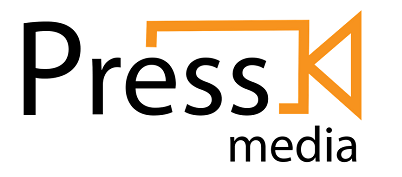The Difference Between Collateral and Mortgage

Purchasing property is a major financial decision! Understanding your finance options can help you make informed choices that set you up for success.
When you know the difference between collateral and mortgage options, you can select a pathway the best serves your financial interests and your property needs. This can help you protect your investments and pursue financial success now and future.
So what are the main differences between collateral and mortgage, and which option is right for you? Here’s what you need to know to get started.
What is collateral?
A collateral mortgage is a mortgage type in which the lender registers a legal charge against the property for the amount exceeding the mortgage loan amount.
As a borrower, collateral means that your debt to your lender can be secured under a single charge, including both your loan and any other debts or credits.
By taking out a collateral mortgage, you can access greater flexibility, especially when accessing additional funds as needed. You won’t have to register new charges against your property because all of your debts will be consolidated in one place.
What is a mortgage?
A standard mortgage means that your lender registers a legal charge against the property that you are mortgaging. This gives your lender a legal claim to the property if you fail to meet minimum repayment requirements.
With a standard mortgage, your debts will align with specific terms and conditions, as stipulated in your loan contract. You will be able to keep your mortgage debt stable without adding further debt to the mix.
When you take out a standard mortgage, you may be able to exercise greater flexibility when it comes to the conditions of your loan. This can help you if you need to make changes now or in the near future.
What are the key differences?
There are a few key differences between a collateral mortgage and a standard mortgage.
With collateral, your original borrowing limit can be readvanced as an additional product or revolving credit facilities, whereas a standard mortgage does not allow your original amount to be extended.
Typically, a standard mortgage will incur lower discharge fees, while discharging a collateral mortgage can be more expensive, either through a fee or through an increased mortgage rate designed to cover fees.
In many cases, you may be able to access a standard mortgage to cover more of your property’s total value if required, while a collateral mortgage may require you to have a higher deposit, resulting in a lower LVR (loan-to-value ratio).
If you need to renew your mortgage, you may be able to do so without penalty on a standard mortgage, while a collateral mortgage may require a penalty cost.
It is also often easier to proceed with a standard mortgage, with collateral mortgages more frequently requiring in-person document review and signing processes.
Need help understanding your options when it comes to obtaining finance in your journey to home ownership? Talk to Our Top 10, to find the best mortgage broker Sydney has to offer.






